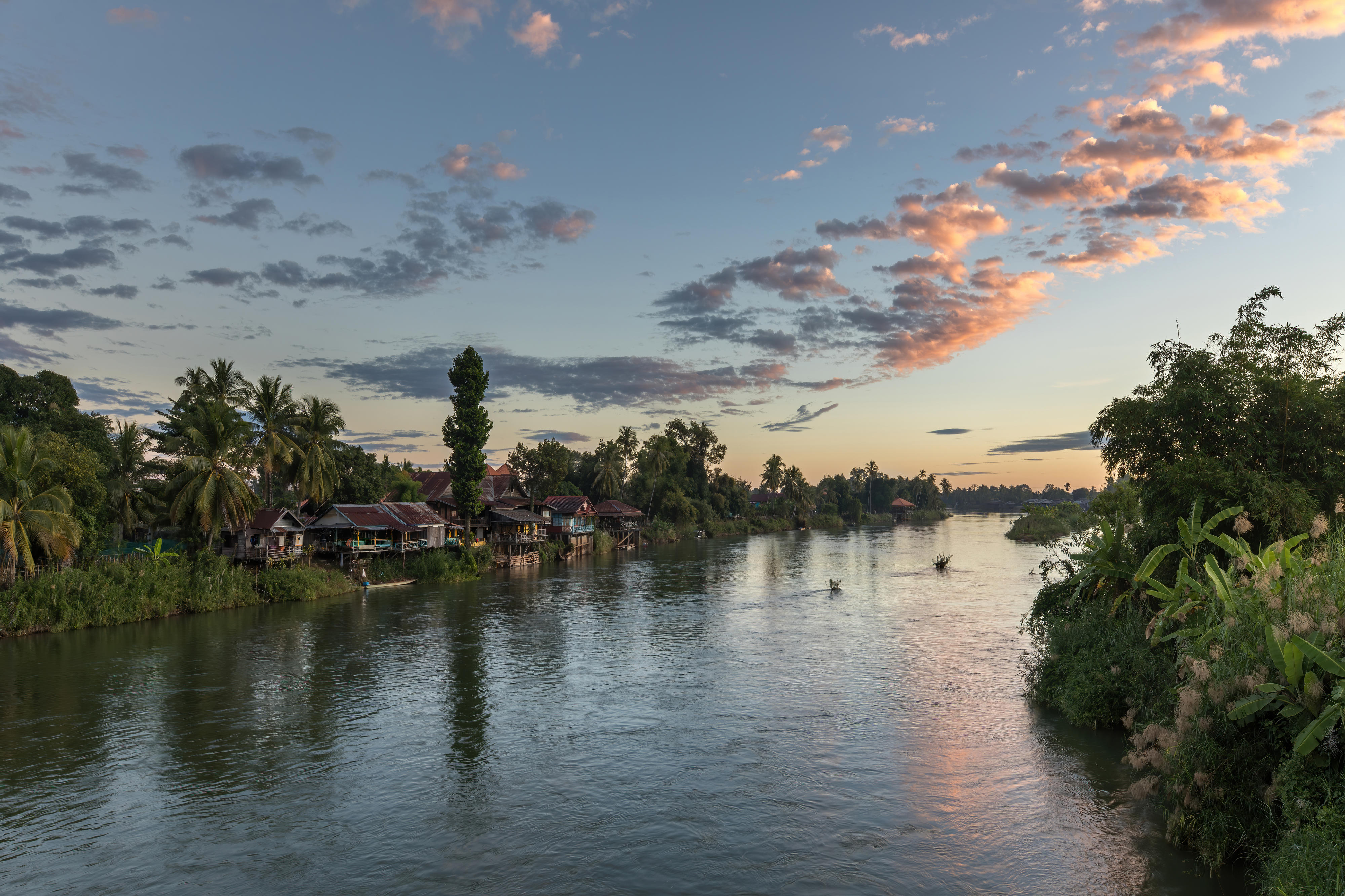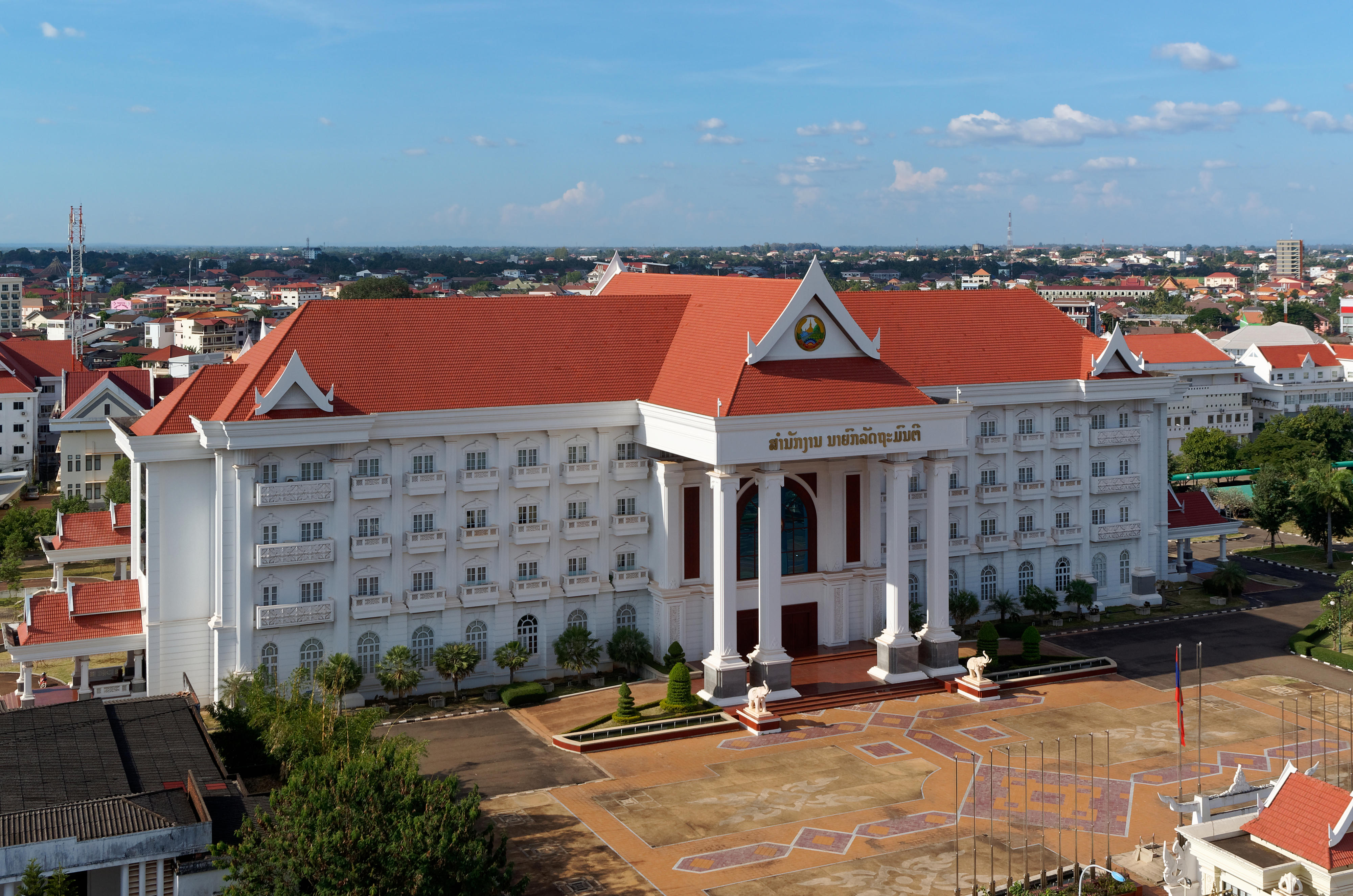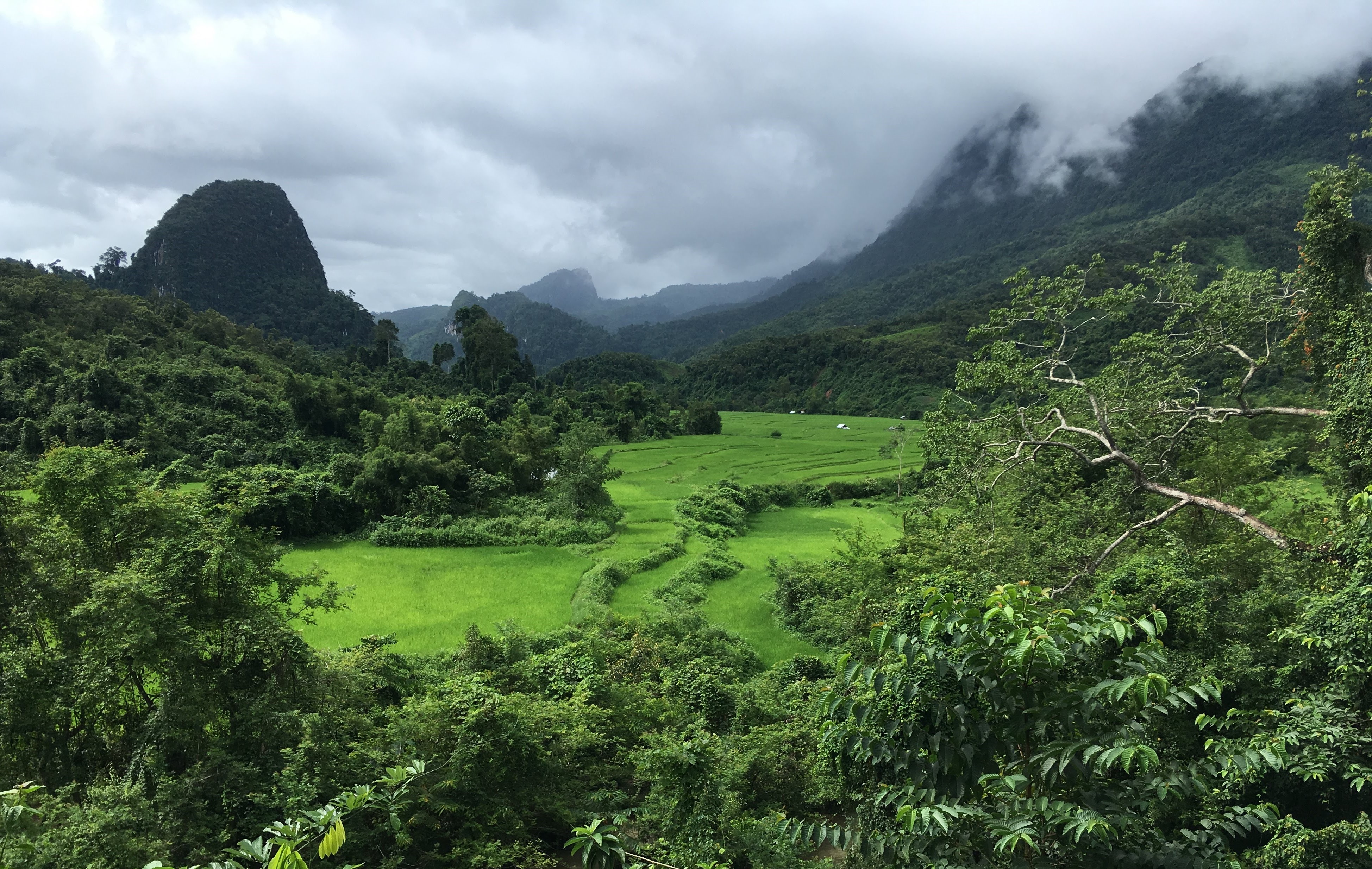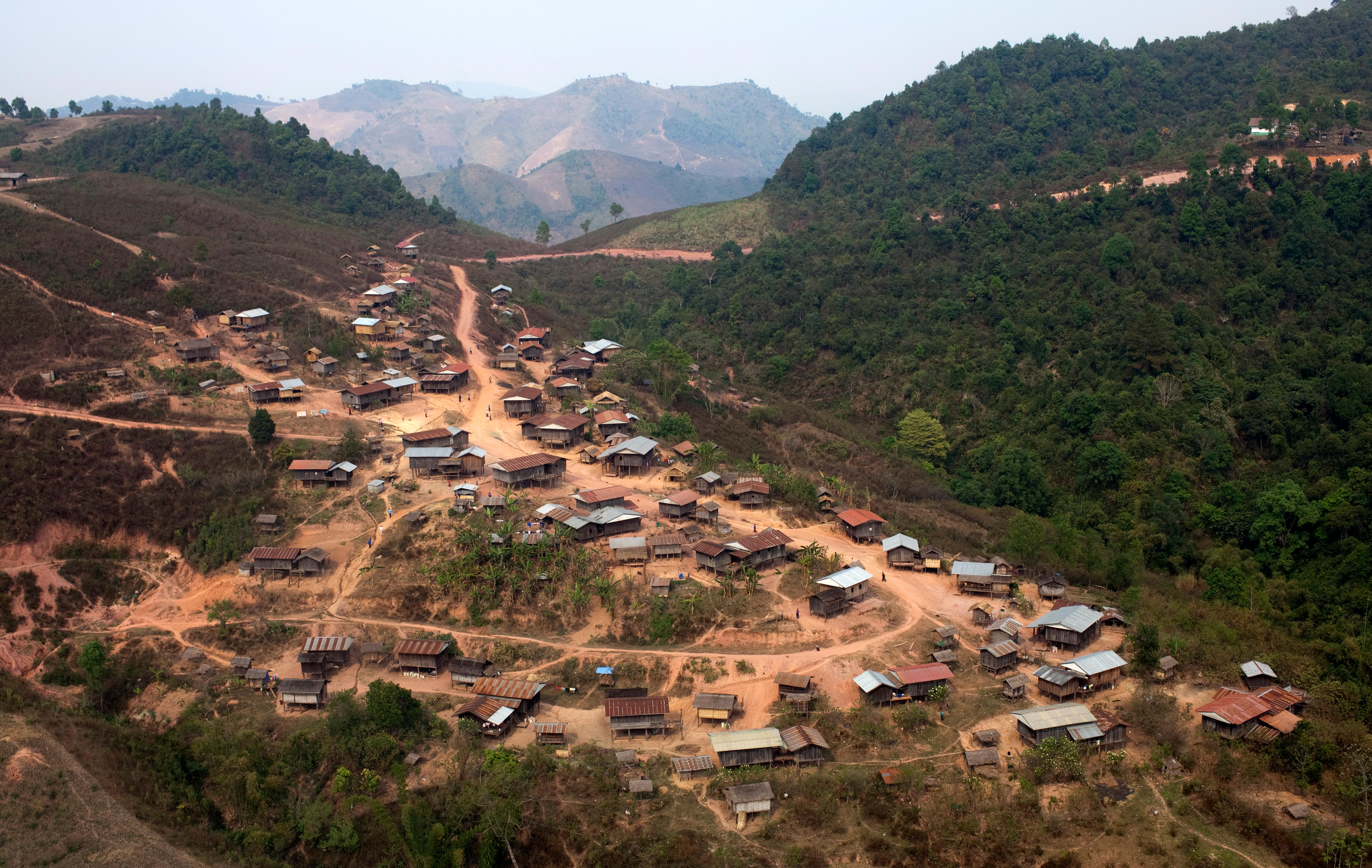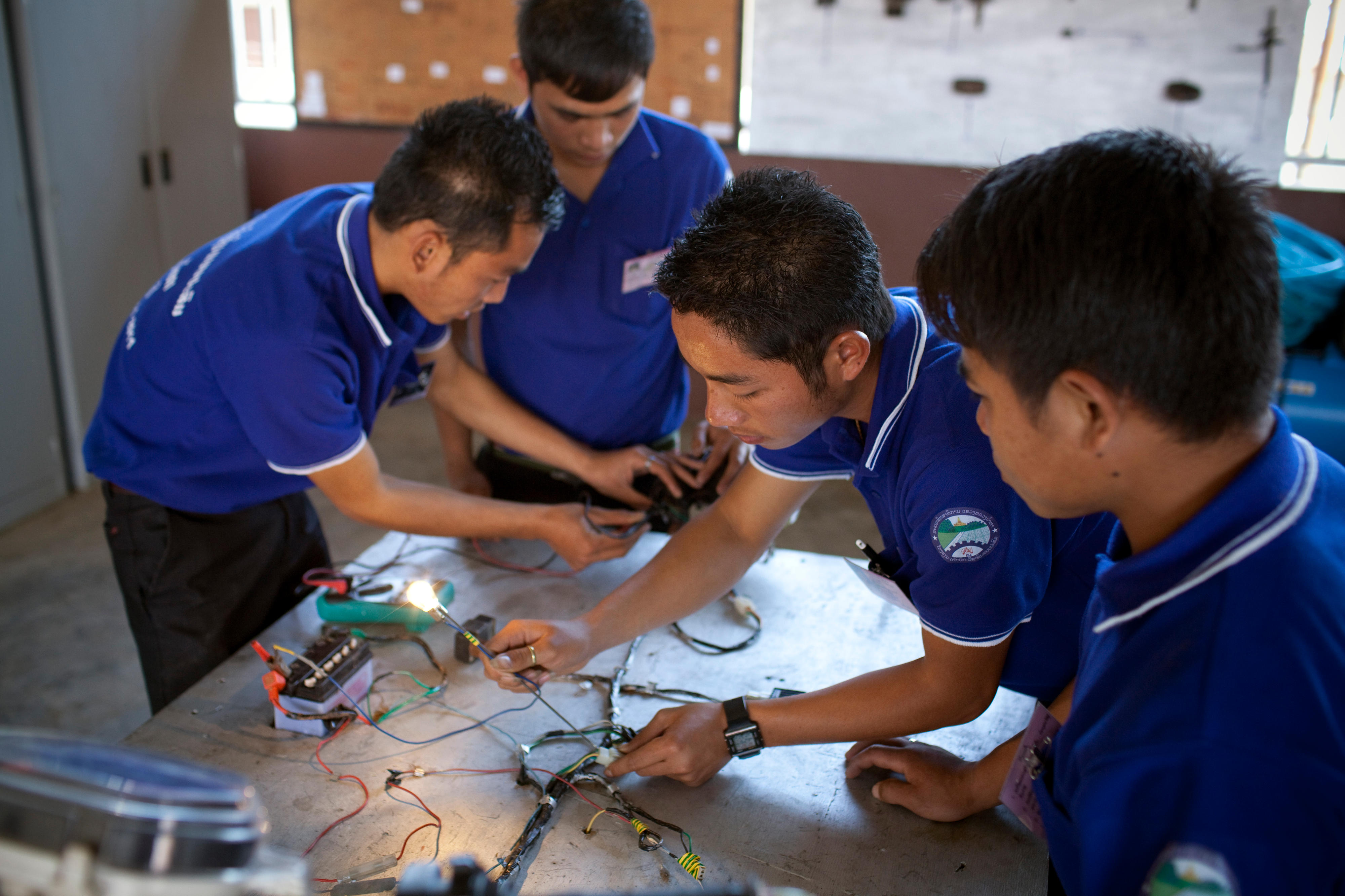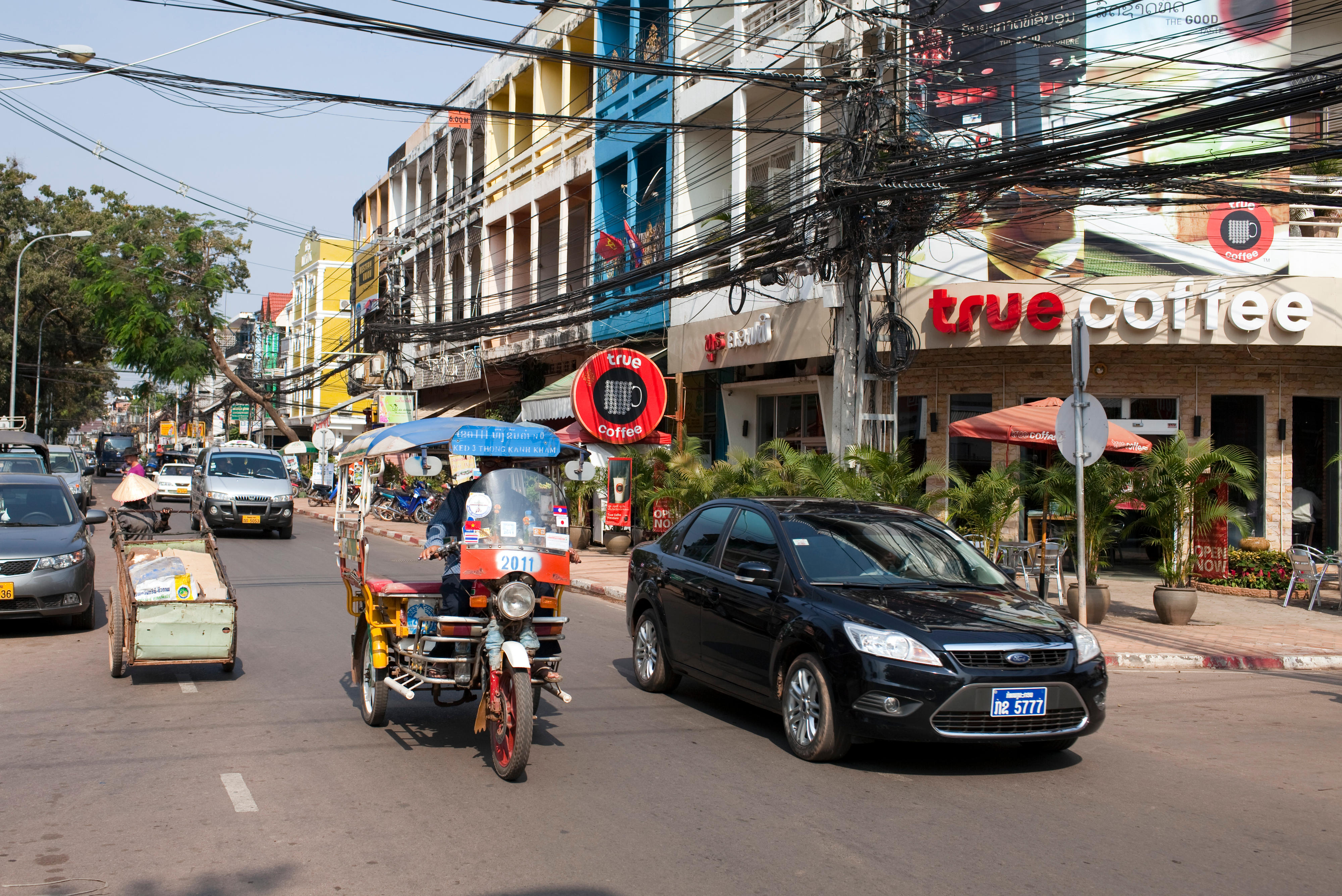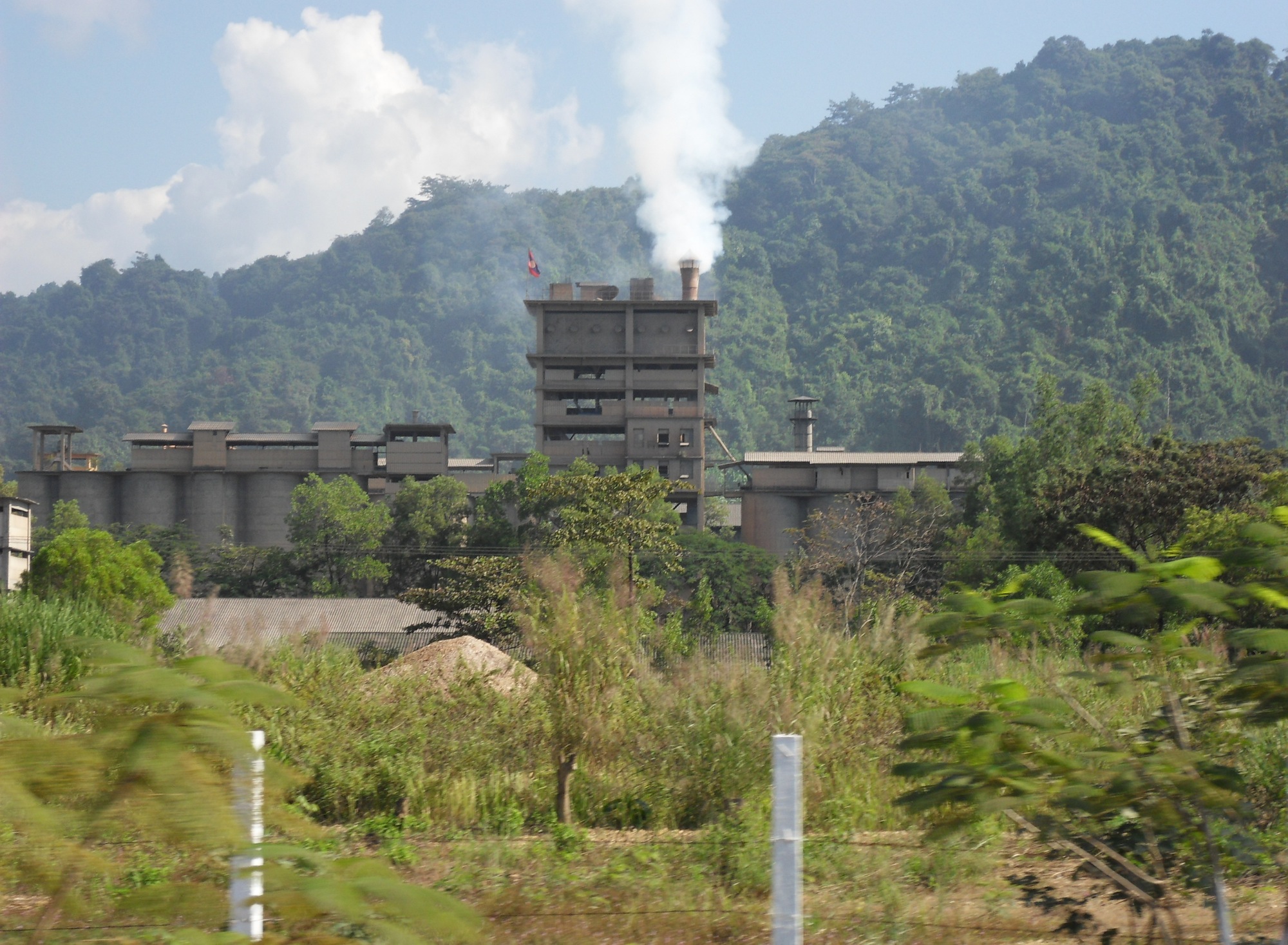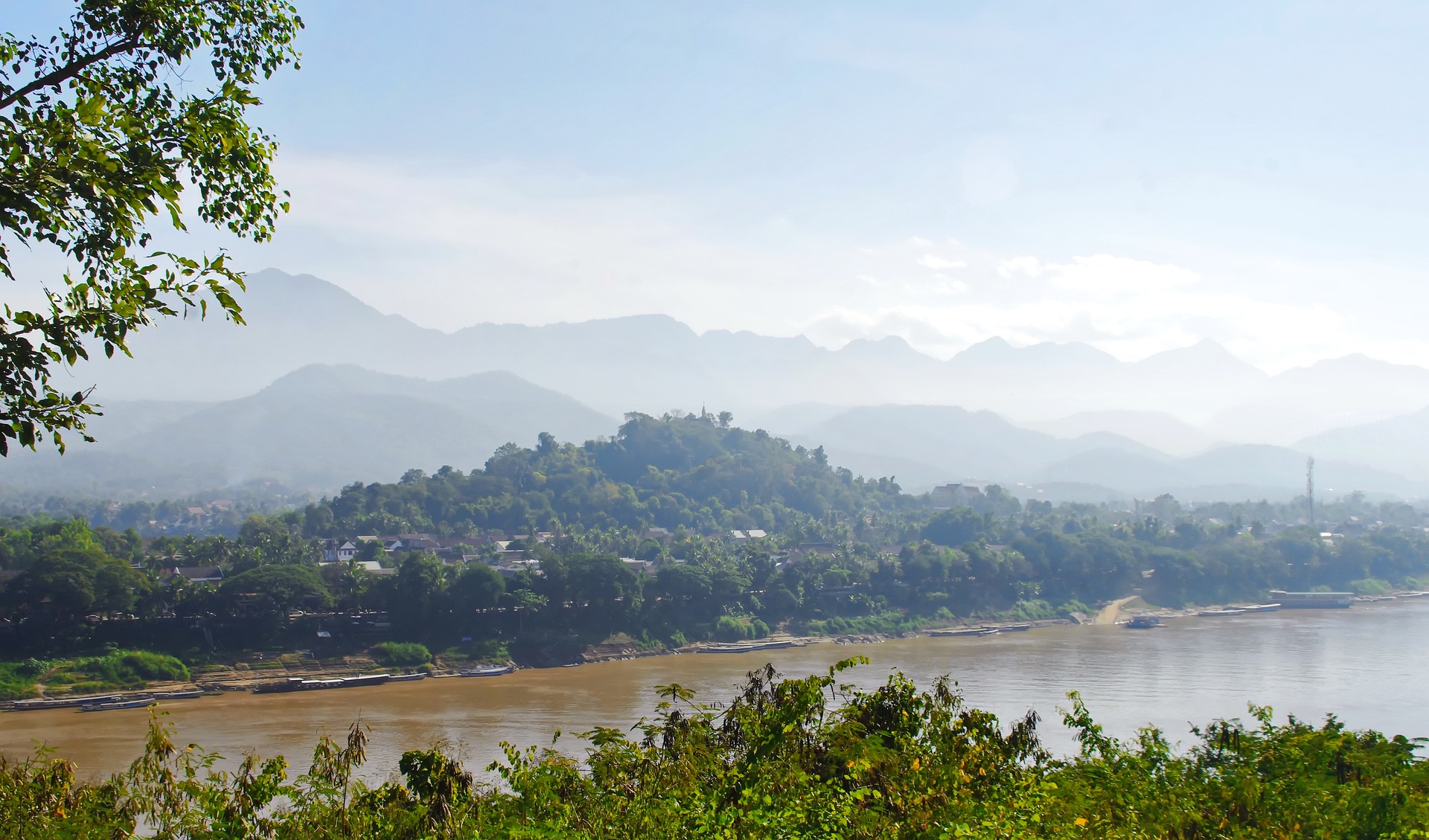Huts by the Mekong river in Laos
Copyright© Basile Morin via Wikimedia Commons, CC BY-SA 4.0, image detail
Laos
Economically, the Lao PDR has become more open since the mid-1980s and has introduced market elements. Reforms are needed, in particular, in the areas of sustainability, democracy and the rule of law, and transparency.
The development model that has been used so far has negative impacts on the environment and has not contributed sufficiently to poverty reduction. The economic growth which Laos has experienced in the last few years is mainly attributable to commodity exports, the expansion of plantation farming, and major mining and dam construction projects. Few raw materials are processed locally. Labour productivity is low, and there is a lack of jobs that provide a living income.
In the latest Human Development Index (HDI), Laos ranks 147th out of 193 countries.
German development cooperation with Laos
The Federal Republic of Germany and Laos have maintained diplomatic relations since 1958. After the communists seized power in Laos in 1975, bilateral development cooperation with the then Federal Republic of Germany (West Germany) was suspended until 1990. From 1981 to 1989, however, Laos was a partner country of the German Democratic Republic (GDR / East Germany). This was the starting point for the Federal Republic of Germany to restart its cooperation with the country in 1990.
Within the OECD, Germany is one of the largest bilateral donors to Laos. In 2022, the Federal Ministry for Economic Cooperation and Development (BMZ) committed 38 million euros in new funding for Laos. This comprises 24 million euros in Financial Cooperation funding and 14 million euros in Technical Cooperation funding.
The BMZ had planned to phase out its development cooperation with Laos by the end of 2024. However, in view of the current crises, which are making it more difficult for the country to graduate from the group of least developed countries (LDCs), Laos was included in the list of partner countries again in 2022.
Cooperation focuses on the following core areas:
- Conserving nature and natural resources | Areas of intervention: biodiversity, forests
- Transformation of agricultural and food systems | Area of intervention: rural development
- Sustainable economic development, training and employment | Areas of intervention: technical and vocational education and training, private sector and financial sector development
All the programmes under the three core areas are part of the European Union's Team Europe Green Initiative in the Lao PDR. In addition to these activities, the BMZ supports civic engagement for good governance and efforts to strengthen government accountability and to improve the rule of law.
SDG trends for Laos
- On track or maintaining SDG achievement
- Moderately improving
- Stagnating
- Decreasing
- Trend information unavailable
